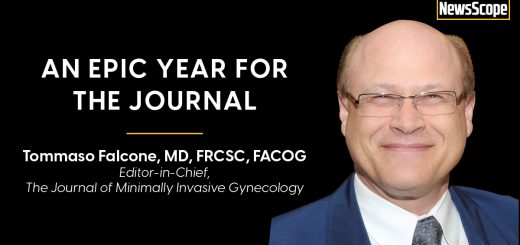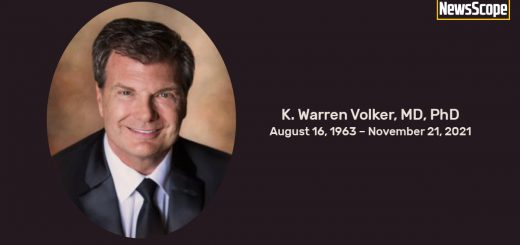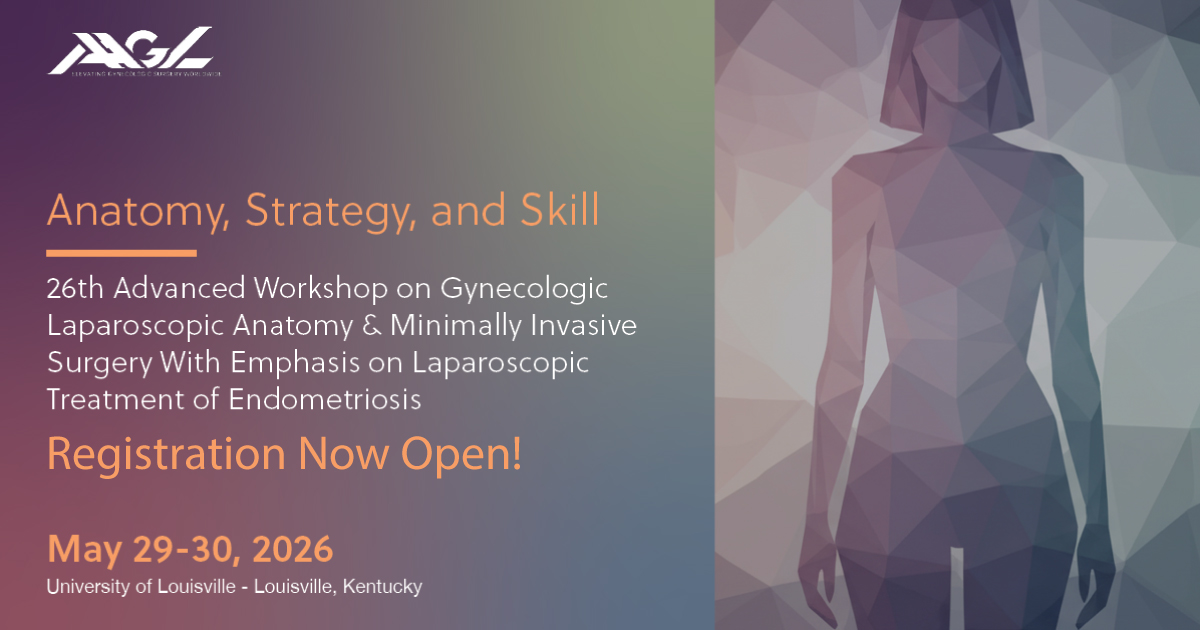FMIGS: The Future is Bright

2021 was transformative in many ways. Following a year of pandemic driven operative shutdowns and virtual education, January kicked off with the promise of vaccinations and a return to some level of clinical and educational normalcy. The Fellowship in Minimally Invasive Gynecologic Surgery (FMIGS) similarly underwent heady growth in quality, stature, and visioning.
The FMIGS 20th anniversary arrived on June 15, 2021, and with it came an opportunity to reflect on where we have been, where we are now, and where we are going. In 2001 there were 7 original 1-year AAGL/SRS Fellowships in Minimally Invasive Gynecologic Endoscopy. Following this year’s fellowship graduation and subsequent match we now boast 59 highly academic 2-3 -year FMIGS programs including 53 US, 3 Canadian, 1 Mexican, 1 Columbian, and 1 Brazilian program. There are also currently two new program applications in their final phases of accreditation including the first European program.
More importantly there are now 531 graduates populating most academic US residencies, transforming the quality of gynecologic surgery and education across our country. This year there were 101 applicants for 41 fellowship positions making FMIGS amongst the most competitive of all medical subspecialty fellowships.
Our board of directors and 13 active committees were also busy. We leveraged pandemic driven improvements in technological communications to expand and improve our Fellowship Bootcamp Webinars, and to facilitate more regular and productive committee meetings throughout the year. Our committees are integral partners in supporting and improving the fellowships. This year we made substantive changes to the committee structures by instituting defined rolling memberships with an annual call for new members from both current fellow and graduate ranks. While the list of committee accomplishments is too extensive to adequately highlight in this forum, a short list of superlatives includes:
- Reconfiguration and initiation of the collaborative SGS/AAGL Fellows Pelvic Research Network
- Development and publication of diversity, inclusion, and antiracism resources
- Restructuring the fellowship applications and interview rules to minimize implicit bias and maximize opportunity for all applicants
- Development and publication of quality improvement research resources
- Development and presentation of required bimonthly Bootcamp Webinars, an in-person hands-on educational bootcamp for fellows, and a virtual PD/APD educational workshop
- Updated the educational reading list and linked the didactic and video curricula
- Guaranteed the exemplary quality of our fellowships through rigorous programmatic evaluation, accreditation, monitoring, and maintenance.
Looking to the future, our Visioning Task Force began the process of transitioning our current FMIGS educational milestones from a model based on procedural expertise to a model based on disease state expertise. We believe this represents the first step in revamping the entire educational curriculum to position graduates of the fellowship as the subject matter experts in the complex jurisdictional domains of endometriosis, pelvic pain (both chronic and acute), uterine anomalies, abnormal uterine bleeding, reproductive surgery, and surgical education. We recognize that other women’s health specialties can legitimately claim expertise in minimally invasive gynecologic surgery, but no other medical specialty can adequately claim expertise in the complexity of disease states we routinely treat, teach, and study. The rough draft of our proposed new educational milestones is currently undergoing review by impacted stakeholders.
The future is bright, and the state of our fellowship is stronger than ever.







